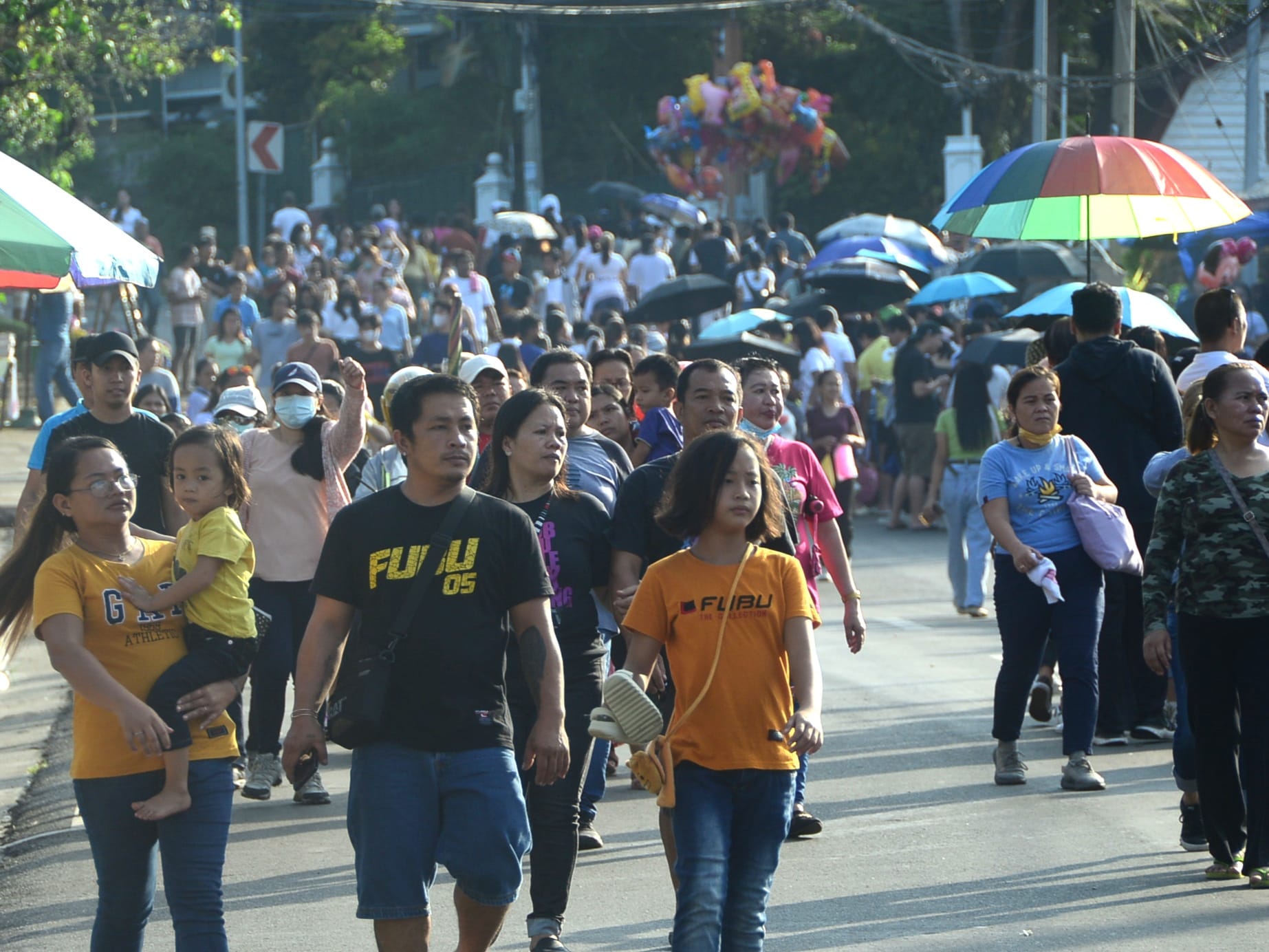AS TEMPERATURES continue to rise, the City Health Office (CHO) urges Davaoeños to be aware of heat-related illnesses, particularly heat stroke, which can be deadly.
Dr. Julinda Acosta, CHO’s technical division head, emphasized that heat stroke is a medical emergency that could lead to death if immediate medical attention is not provided.
“Atong lawas can’t cool down, can’t control body temperature, magtaas kaayo ang temperature. It will affect our brain, parte sa atong lawas, ug vital organs maapektuhan (Our body can’t cool down, can’t control body temperature, and the temperature will be very high. It will affect our brain, part of our body, and vital organs will be affected),” Acosta said during the “At Your Service” program of Davao City Disaster Radio.
Heat stroke is caused by prolonged exposure to hot weather, leading to an extremely high body temperature above 39 degrees Celsius.
The symptoms include reddening skin, dry or damp skin, fast pulse, throbbing headache, dizziness, and unconsciousness.
To prevent heat stroke, Acosta advised the public to stay hydrated by drinking plenty of water, staying in shady areas, avoiding wearing dark clothing, and taking breaks in cool places after work.
Even those who stay at home or inside a car without proper ventilation can experience heat stroke.
The warning also highlighted other heat-related diseases, such as heat cramps and sunburn, which can cause muscle cramps, fatigue, nausea, and vomiting.
Preventive measures include applying sunscreen before going outdoors, drinking water, and resting in a cool place when experiencing symptoms.
Acosta reminded the public that the air temperature is classified as extreme danger when it is 52 degrees Celsius and beyond, the danger level at 42 to 55 degrees Celsius, extreme caution at 33-41 degrees Celsius, and caution at 27 to 32 degrees Celsius.
Any temperature below 27 degrees Celsius is considered normal.
Meanwhile, Acosta advised the public to drink plenty of water and rest in a cool place to avoid heat exhaustion and cramps.
However, if muscle cramps persist for an hour or more, medical help should be sought immediately.
Signs to watch out for with heat exhaustion include heavy sweating, nausea, fatigue, headache, and vomiting.
Acosta underscored the importance of being aware of the dangers of extreme heat.
With temperatures reaching dangerous levels, it is crucial to take preventative measures to avoid heat-related illnesses.
Applying sunscreen before going outdoors, staying hydrated, and seeking cool, shaded areas are just a few ways to stay safe during this hot season.

